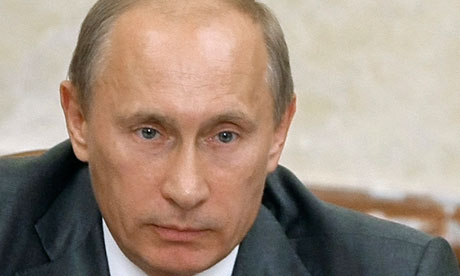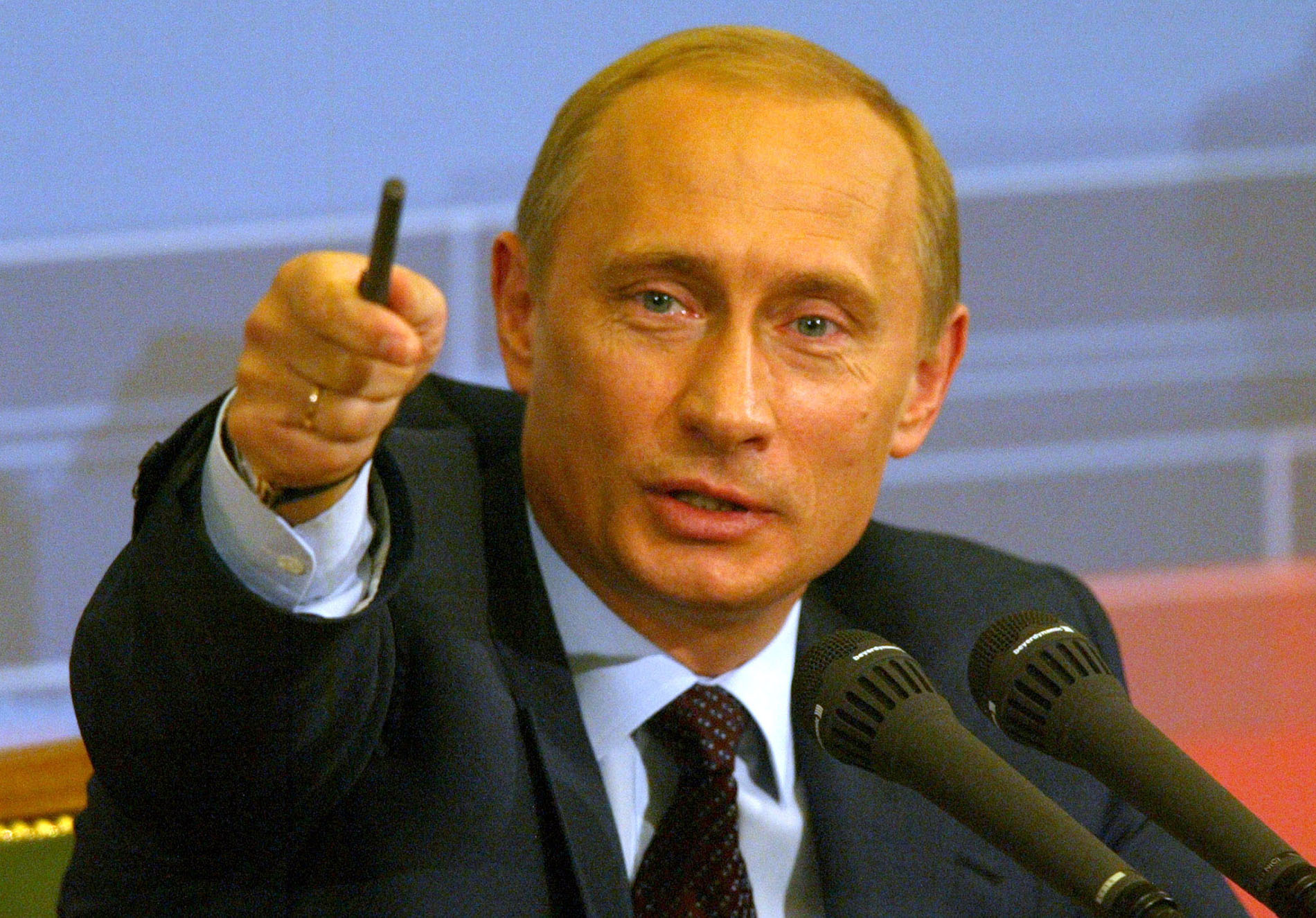
While the Russian invasion of Crimea has captured the world’s attention, media discussions on it — particularly statements made by some Fox News guests and commentators – are also worthy of attention.
This column may have been more relevant last week if there’d been space, but it’s fitting that it runs instead during Women’s Week — six days of programming on gender inequality.
A central aspect of the criticism by far right commentators on how President Obama’s handled the Crimea crisis is that he’s not been tough enough, particularly compared to Russian “strongman” Vladimir Putin, who takes land by force.
For example, analyst Ralph Peters, a former Army officer, said Putin was “a real leader” and President Obama was incapable. And in describing Putin’s actions, Ralph Giuliani said “that’s what you call a leader.”
(Disclosure: the quotes, among others, were used in a Daily Show segment.)
But their criticisms didn’t stop there — they go beyond just geopolitics into personal habits and their reflections on masculinity.
To cite a well circulated conservative talking point, Putin poses shirtless or with tigers, while President Obama wears “mom jeans.”
What exactly that has to do with international politics, I’m still not sure. But their clear subtext is that Obama isn’t man enough to face off with Putin, and it’s putting the U.S. and the world in danger.
Ironically, this is probably the only time they’ll say a black man appearing tough and intimidating those around him would be a good thing, rather than a justification for shooting him. But I digress.
In their comments on Putin and Obama, the Fox News personalities — including former vice presidential candidate Sarah Palin — recycle tired narratives on gender roles.
Masculine figures such as Putin take what they want and don’t care what other people say or do. Feminine ones — such as Obama — are afraid to act and are weak.
But why is this idea of masculinity a good thing? Is invading another nation’s territory at gunpoint, in defiance of international law, really something to admire? I sure don’t think so.
And for all the arguments that our President’s response has been ineffectual, what good would playing our whole hand of sanctions do now if Russia doesn’t back down? Then we’d have nothing left but to send in troops.
In terms of American masculinity, the ideal response would have been to immediately send troops in to drive the Russians out, but in the real world we’d probably all be buried under radioactive ash if that had been done.
While there should be no question that women and those who do not identify within the gender binary are the most oppressed in terms of gender, constructions of masculinity can also stifle and wound men.
It’s not for nothing that the maker of the award-winning documentary “Miss Representation,” about how women are portrayed in media, is now following up with “The Mask You Live In,” about how men are portrayed in media.
Men are told to stand up for themselves, to respond to pain with anger and violence rather than any other emotion — especially not tears — and never ever be perceived as feminine (example A: ‘mom jeans’).
It’s why “b*tch” is an insult thrown at men, and a particularly damaging one; a factor that drives homophobia and domestic (sometimes even sexual) violence; and what makes it especially difficult for male survivors of sexual violence to share their experiences.
And that’s why the programming this week is so important, especially Take Back the Night — because while it is called Women’s Week and these are issues that primarily affect women, patriarchal masculinity and its constructions have negative effects on all of us.
